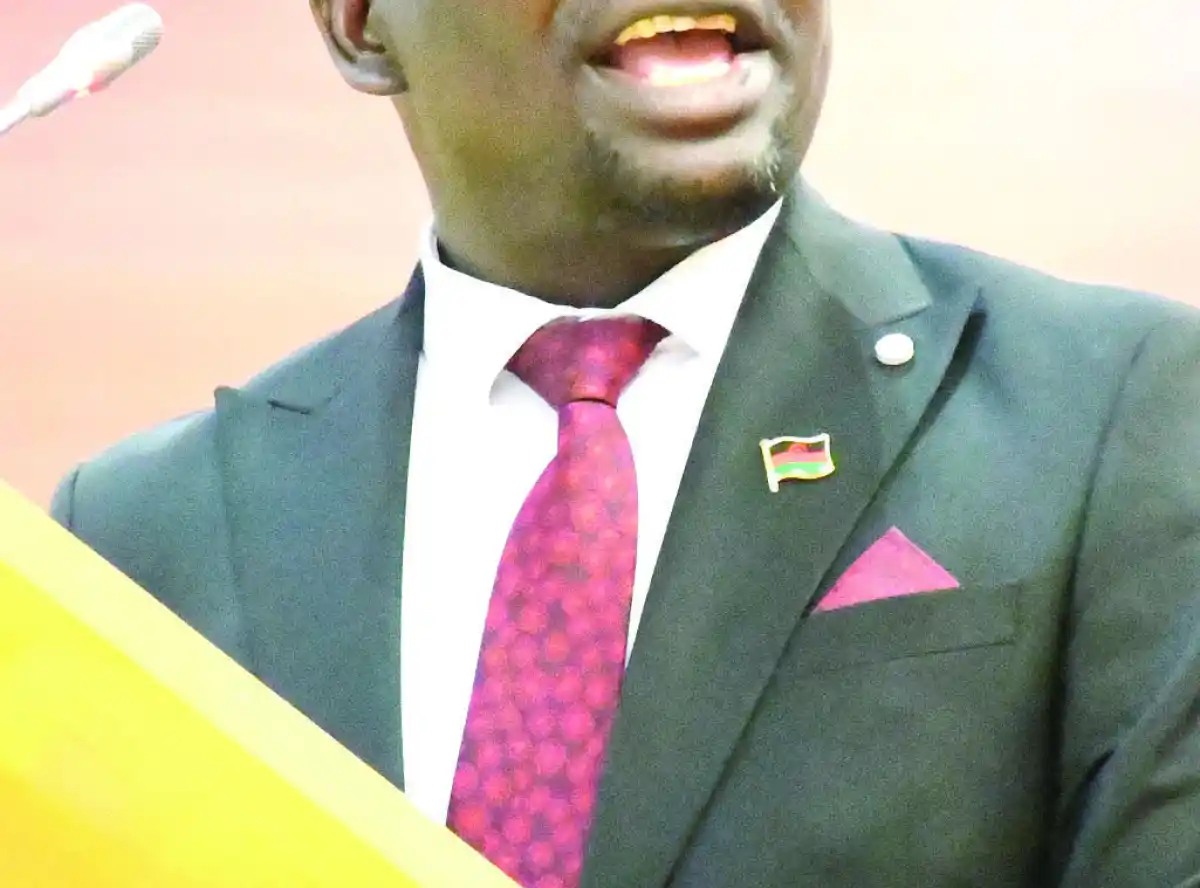
By Kingsley Jassi:
The targeted K5.57 trillion revenue for the 2025-26 financial year appears to have birthed scepticism on members of the Budget and Finance Committee of Parliament, who fear that any miss could trigger more borrowing.
Making a comprehensive response to the proposed national budget, the committee, led by Chairperson Gladys Ganda, said it was not sure if the 28.2 percent revenue growth was realistic when the economy was expected to have a moderate growth of just 3.2 percent.
Of the projected total revenues in the proposed budget, 79.5 percent are domestic revenues, at K4.4 trillion, while 20.5 percent are grants.
“Alarmingly, domestic revenue will only finance just 73 percent of recurrent expenditures, meaning essential obligations such as wages, interest payments and social benefits will rely either on external grants or borrowing—posing serious fiscal sustainability risks,” Ganda said.
She further said despite the 8.3 percent underperformance in tax revenue this year, the government still projects the revenue at K4.3 trillion, a 32.9 percent increase from the revised estimate.
The committee calls on the government to explain the strategies that have been put in place to realise this optimistic projection.
Ganda added that the contribution of non-tax revenue estimates, at K106 billion, continued to decline, calling for effective ways of optimising this revenue opportunity.
“This underscores the continued need for reform in this area to improve revenues collected. The committee acknowledges the government’s efforts to digitise payments and will continue to monitor its realisation,” she said.
There have been concerns on realistic projections in the framing of the budget, as the Malawi Confederation of Chambers of Commerce and Industry (MCCCI) and others feel the unrealistic projections pose budget implementation risks.
For instance, MCCCI recently expressed worry over the narrow tax base that puts pressure on the few complying enterprises and Malawians, challenging the fiscal authorities to expand the tax base and employ efficient measures in revenue mobilisation.
The private sector mouthpiece agrees with Budget and Finance Committee members on the difficult revenue targets that may cause increased deficit and borrowing in the event of a miss.
“This is particularly troubling given the economy’s under performance. MCCCI emphasises the need for comprehensive tax mobilisation to integrate the informal sector, which would enhance government revenue and promote fairness by alleviating the tax burden on the formal sector,” an MCCCI budget analysis reads.
Meanwhile, Finance Minister Simplex Chithyola Banda has said the government is optimistic that amid all the challenges, the economy is on a recovery trajectory.
“The dividends of our focus on enhancing production, through strategic investments in agriculture, tourism and mining, will soon materialise,” he assured.








0 Comments